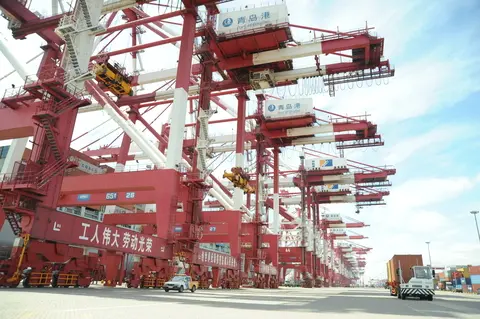
Definition of customs union
Customs union
A customs union is a formal relationship between a group of country’s designed to bring down tariff and non-tariff barriers between members, while agreeing a common external tariff to non-members. Members are likely to be from the same geographical region, as in the case of the EU’s Customs Union, and the Arab Customs Union.
There are several benefits of a customs union.
- Firstly, membership of a customs union is likely to lead to increased trade between members. This can further advantages, including:
- The generation of cost efficiencies through the application of scale economies.
- Reduction of costs associated with customs checks on trade between members.
- Increased profitability of businesses involved in trade.
- The creation of jobs in the trade sector, and across each member’s economy through a positive multiplier effect.
- With the removal of tariffs, imported prices from goods coming from other members are likely to be lower.
- Revenue from the external tariff can be shared between members.
- Members can benefit by negotiating trade deals as a bloc rather than as individual countries.
Disadvantages of customs unions
However, there are also some disadvantages of membership of a customs union;
- Firstly, being a member means that a country is not free to adopt their own trade policy in terms of entering into trade agreements with non-members.
- There is also the potential problem of trade diversion, where trade is diverted away from more efficient non-members, to less efficient members.
- The development of any form of trading bloc is likely to encourage the development of other ones as country’s collectively seek to ‘protect’ themselves from protectionist policies adopted by other blocs.
- Finally, issues may arise when countries join a union, or elect to leave one, as in the case of Brexit. For example, there may be additional costs resulting from erecting new borders as unions enlarge, or difficulties associated with recreating border when countries leave. This issue is highly significant with Brexit given that the island of Ireland will be divided with Ireland remaining in the European customs union, and, as part of the UK, Northern Ireland will be outside the union. The situation is made even more problematic given that a customs border between Ireland and Northern Ireland could jeopardise arrangements made under the Belfast Agreement (aka Good Friday Agreement).


